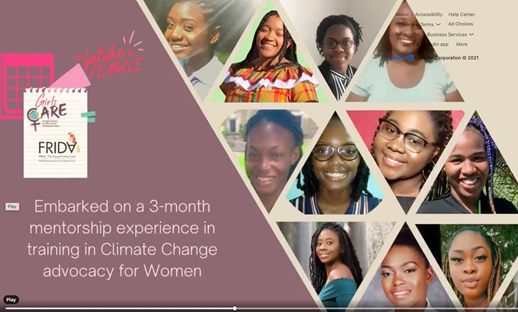Climate justice, gender and COVID-19 in the Caribbean
Guest blog for the “Caribbean Voices for Climate Justice” series by Ayesha Constable, co-founder of GirlsCARE
October 12, 2021
The impacts of climate change on the Caribbean are well documented. There is an extensive body of academic literature and reports highlighting the risks to physical infrastructure, productive sectors and key foreign exchange earning industries, such as tourism. These risks pose long-term threats to the development of the countries of the region, particularly as small island developing states (SIDs) with a range of geographic and economic issues which heighten our vulnerability to climate change.
Across the region, governments have made significant strides to address the climate crisis by developing policy and legislative support for climate action through National Climate Policies, outlining steps to adapt and build national resilience through the development of National Adaptation Plans (NAPs) and proposing ambitious targets for adaptation and mitigation in Nationally Determined Contributions (NDCs). Though commendable, many of these plans and policies fail to address critical variables that are at the root of the climate crisis in countries across the region – systemic national and global inequities which must be addressed to achieve climate justice.
Global economic disparities, which have their roots in early economic models built on exploitation via extractive industries based in resource rich countries in the Global South and on cheap and readily available supplies of labour, are the basis of contemporary challenges. Caribbean countries have historically been disadvantaged and as former colonies have a range of factors that contribute to their vulnerability to climate change. This global divide is the archetype of climate justice as rich countries continue to ‘colonize the atmosphere’ while poorer countries, such as those in the Caribbean, remain highly vulnerable with the least resources to adapt.
At the national and sub-national levels, the disparity is further demonstrated across different demographic groups based on access to resources and power, including young women and girls.
Click here to read the full blog post by Ayesha Constable.
Source: https://canari.org/news/climate-justice-gender-and-covid-19-in-the-caribbean/



